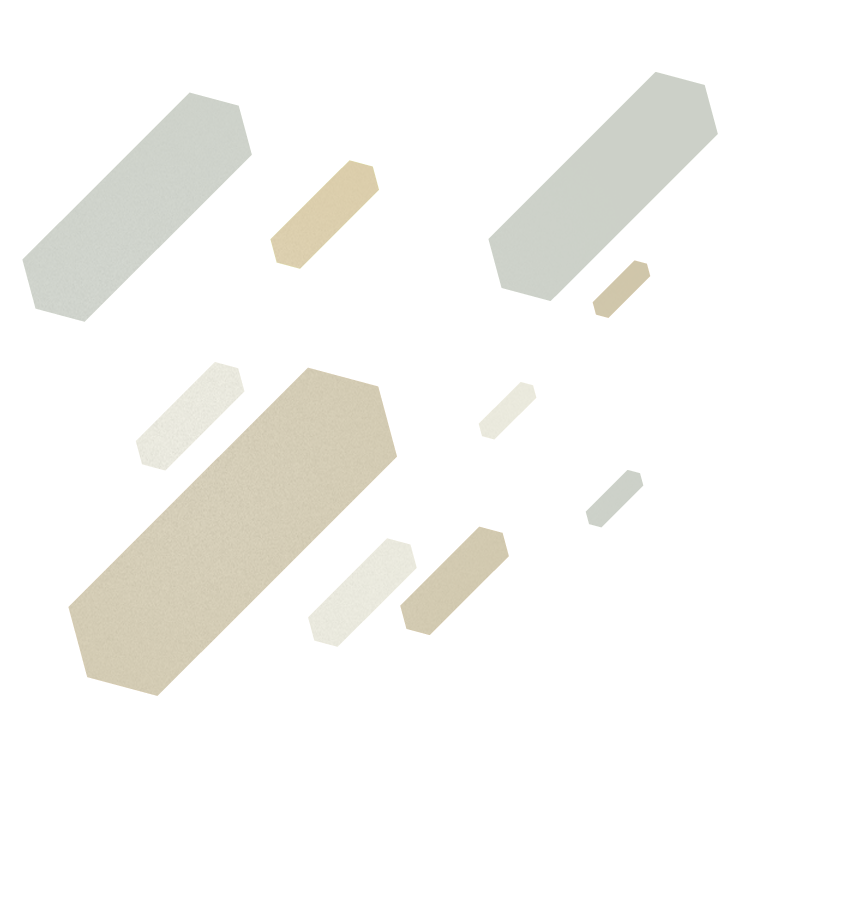


Composer and conductor. Born in Hainan Island, China, in 1976, the year the Chinese Cultural Revolution ended. His father, a well-known composer, began teaching him composition and piano when he was six years old. Growing up in the 1980s and 1990s, when China was steadily opening its gates to the Western world, he received both traditional and Western education at the Shanghai Conservatoire of Music. He was admitted into its composition programme at the age of twelve, studying with Deng Erbo. As a result of the dramatic cultural and economic changes in China following the Cultural Revolution, his education expanded from Bach, Mozart, Stravinsky, and Lutosławski, to include The Beatles, rock and roll, heavy metal, and jazz. Huang Ruo was able to absorb all of these newly allowed Western influences without inhibiting factors.
After winning the Henry Mancini Award at the 1995 International Film and Music Festival in Switzerland, he moved to the United States to continue his education, earning a Bachelor of Music degree from the Oberlin Conservatory of Music and Master of Music and Doctor of Musical Arts degrees in composition from the Juilliard School. His composition teachers have included Randolph Coleman and Samuel Adler. He won the 1st Prize at the Luxembourg International Composition.
His vibrant and inventive musical voice draws equal inspiration from Chinese ancient and folk music, Western avant-garde, rock, and jazz to create a seamless, organic integration using a compositional technique he calls “dimensionalism”. Huang Ruo’s writing spans from orchestra, chamber music, opera, theatre and modern dance to sound installation, multimedia, experimental improvisation, folk rock, and film. Ensembles who have premiered and performed his music include the New York Philharmonic, Philadelphia Orchestra, San Francisco Symphony, Seattle Symphony, Kiel Philharmonic, Hong Kong Philharmonic, Opera Hong Kong, New York City Opera, Chamber Music Society of Lincoln Center, Asko Ensemble, Nieuw Ensemble, Ensemble Intégrales, Quatuor Diotima, and Ethel Quartet, and conductors such as Wolfgang Sawallisch, Marin Alsop, James Conlon, Dennis Russell Davies, Ed Spanjaard, Xian Zhang, and Ilan Volkov.
Huang Ruo is currently a member of the composition faculty at the State University of New York, Purchase College as well as a guest professor in composition at the Guangzhou Xing-Hai Conservatoire of Music.
He is the artistic director and conductor of Future In REverse (FIRE), and was selected as a Young Leader Fellow by the National Committee on United States–China Relations in 2006. Huang Ruo’s new opera, Dr. Sun Yat-Sen, will be given its American premiere by the Santa Fe Opera in 2014.
His upcoming commissions include two chamber operas for the Houston Grand Opera and the Washington National Opera, a vocal drama for the Ars Nova Copenhagen with conductor Paul Hillier, an orchestra work for the Netherlands Radio Philharmonic Orchestra which will be premiered at the Concertgebouw, and a new symphony for the National Symphony Orchestra of Taiwan.
Selected works (since 2003): Four Visions for guitar quartet (2003, also versions for guitar trio / duo and solo guitar), Omnipresence, concerto for violin, off-stage ensemble and symphony / chamber orchestra (2003), Leaving Sao for soprano / Chinese folk voice, string quartet / quintet, symphony / chamber orchestra and optional percussion (2004; also versions for soprano and string quartet / quintet, 2005), Divergence, ballet for two dancers and ensemble (2004), Tree without Wind for piano (2004), Chasing in the Woods for violin and percussion (2005), Childhood Sketches for violin, clarinet / alto saxophone, piano and percussion (2005), Curve of the Shadow, double concerto for sheng, zheng and chamber ensemble (2005), Drama IV: To The Four Corners for five musicians and multimedia (2005), Exotic Dreams for clarinet / alto saxophone and percussion (2005), First Lesson for piano (2005), Nuo Drama, ballet for 12 dancers and five instruments (2005), Points and Lines for piano (2005), Tea Ceremony for violin, clarinet / alto saxophone, piano and percussion (2005), The Three Tenses for string quartet, brass / wind quartet / quintet / ensemble (2005), Three Pieces for Piano (1998–2005), Xi Yu2 for pipa (2005), Symphony No. 1 “Path of Echoes” for symphony / chamber orchestra (2006), Shattered Steps for symphony / chamber orchestra (2006), Atmosphere and Environment for different flute ensembles or any solo instrument (2007), Circle of Steps, vertical installation for six staged musicians (2007), Jian Fu Garden, movie soundtrack (2007), People Mountain People Sea, concerto for cello and symphony orchestra or ensemble (2007), The Color Yellow, concerto for sheng and chamber orchestra or ensemble (2007), Wind Blows... for cello and ensemble (2007; also versions for string orchestra, instrumental duo and voice with piano / marimba / harp), Yellow Earth for violin / viola / cello (2007), Brrr... for voice, pipa, cello and percussion (2008), Drama II: Shifting Shades for cello, percussion, piano and eight beer bottles (2008; also version for pipa and voice), Drama III: Written on the Wind for voice, pipa, kinetic painting and multimedia (2008), Elegy: Sounds Ever Slow for soprano and string quartet (2008), Five Lights, Ten Colors for piano (2008), Hanging Cliffs for symphony / chamber orchestra (2008), Mo for sheng and chamber orchestra (2008), Shifting Shades for violin / viola, percussion and piano (2008), Sounds Ever Slow... for soprano and string orchestra (2008), Stand Up, movie soundtrack (2008), Book of the Forgotten for different instrumental duos (2009), Cursive Scripts for voice and flute / any woodwind instrument (2009), Fisherman’s Sonnet for different solo voices and piano (2009), Sisters, movie soundtrack (2009), Still/Motion for symphony / chamber orchestra (2009), The Flag Project, string quartet (2009), Wall Writings for soprano / Chinese folk voice, clarinet, viola, cello and piano (2009), I. M. Pei: Building China Modern, movie soundtrack (2010), Sun Yat-Sen, grand opera in three acts for soloists, choirs and chamber orchestra (2010), Water is Wet..., multimedia installation (2010), In Other Words, concerto for voices, nine instruments and string orchestra (2012; also version without orchestra), Bound, chamber opera in one act (2013).




